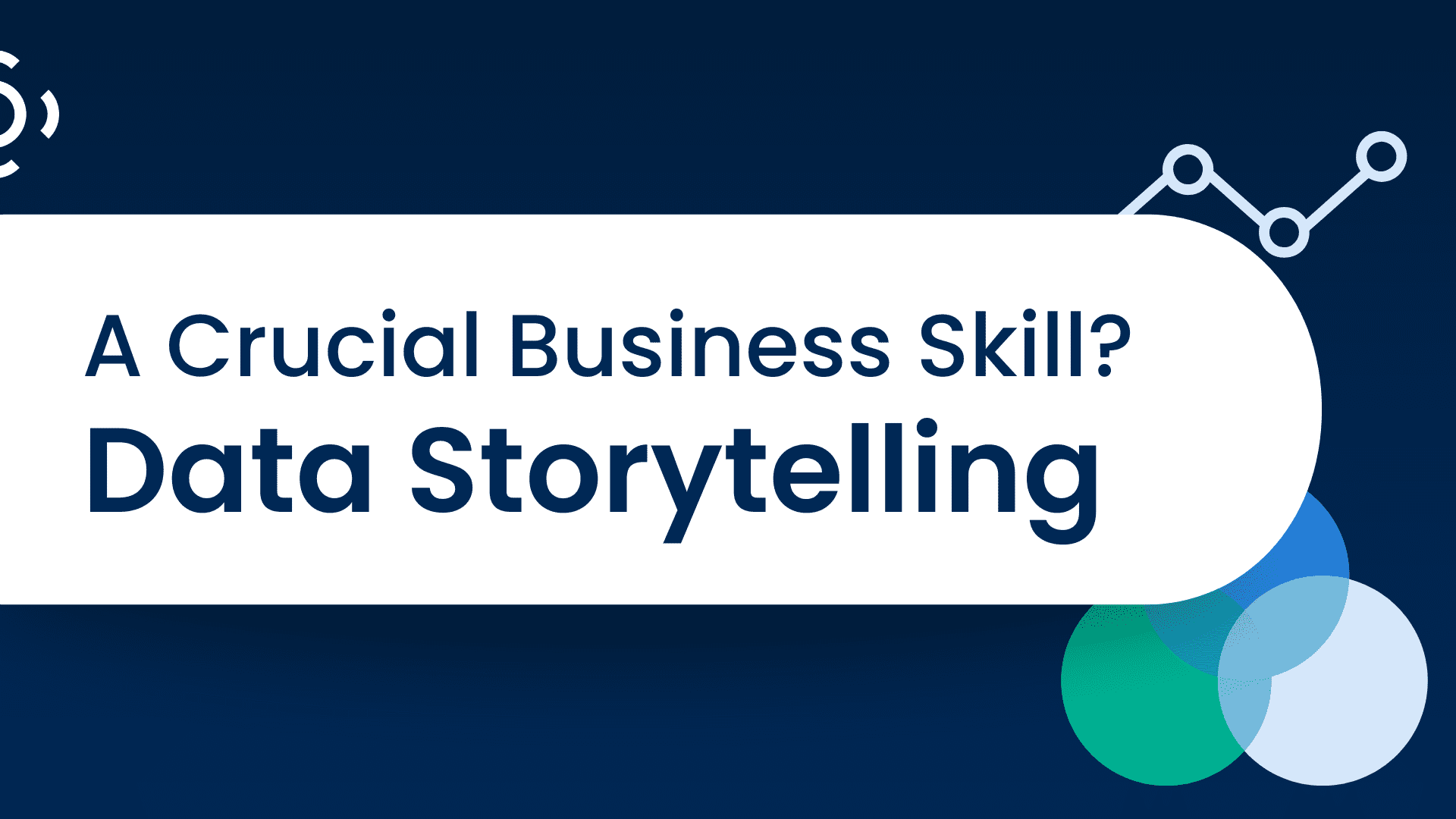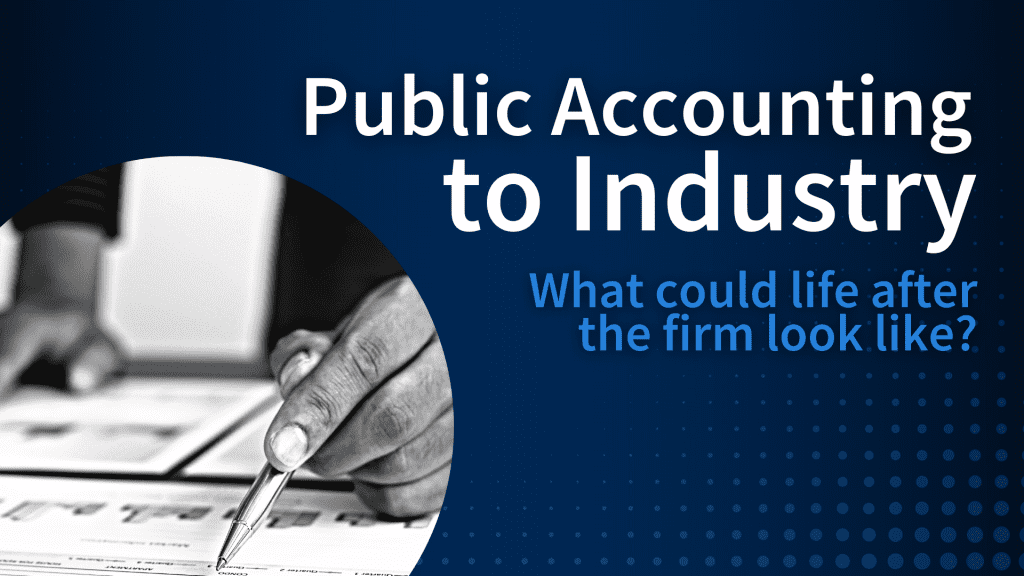Updated May 15, 2023 – The finance and accounting field is structured around numbers, statistics, facts, and hard data, all of which holds valuable information that can help leaders and employees make important business decisions. While numbers and data can be relied on for holding certain truths, such as how financially successful a project or company is, this information can fall flat without context.
Storytelling, often considered more of a creative skill, is crucial when it comes to giving context and meaning to the numbers and facts that finance and accounting professionals work with every day. Stories help people understand what impact numerical information has on business aspects like deciding whether to hire someone, considering whether to cut certain expenses, or moving on to the next stage of a multi-phase project, for example.
All finance and accounting professionals should be able to tell a powerful story based on the data they’ve collected and analyzed. Here are some reasons and ways to become a better storyteller.
Storytelling for Candidates
You don’t quite have your foot in the door yet, but you’re interested in joining a company. You’ve got plenty of stats as far as your previous projects and responsibilities go, but are you able to weave that information into a compelling narrative? Listing figures only goes so far—it’s much more interesting to those who are interviewing you when you can explain why those figures are important. Does this information show how you saved the company money? Did the data you researched and analyzed steer the company clear of an impending financial disaster?
Stand out from other candidates by crafting powerful stories around the achievements and successes you had in previous positions. This is important not only for candidates seeking a new position in a new company, but also for those who are seeking a promotion within their current company. Being able to skillfully explain the meaning behind the work you’ve done shows that you can analyze data and communicate that information properly to others.
Read: “Data Storytelling: The Essential Data Science Skill Everyone Needs” to find out more about why data storytellers are in high demand.
Storytelling for Managers and Leaders
You may already have a great position in a company, but do you have what it takes to use the data you and/or your employees process to make sound business decisions? Storytelling is just as much of a desirable skill in managers and leaders as it is in those who work under them. Leaders who rely too much on data without painting a full picture of how the data fits into the company’s story aren’t doing everything they can to drive the company forward and engage employees.
Being able to analyze data that you’ve been provided or have collected and turning that data into something that employees can relate to, see their role in, and be motivated by is a crucial leadership skill. Studies have found that storytelling elements can greatly impact the way that information is received, making it more memorable, persuasive, and engaging, which means it can be a highly successful method of getting employees and stakeholders on board for a variety of business decisions, as well as a way to boost customer sales.
One study, conducted by a Stanford professor, found that stories were remembered by 63% of those surveyed, while only 5% could remember a single statistic. In another study, which involved two variations of a Save the Children charity brochure, it was found that the story-based brochure option resulted in higher per participant donations than the infographic/statistical brochure option. Researchers in yet another study discovered that people are often in a trance-like state when listening to or reading a story, which results in them being more receptive to information instead of focusing too much on details and losing the meaning.
Read: “Finance and the Art of Storytelling” to learn how a CFO takes on storytelling in the real world.
Be a Better Storyteller
Storytelling is a skill that one must practice, just like any other skill. Learning how to craft stories that are the right length, have the right tone, and express the right meaning is something that all finance and accounting professionals should work towards. If you feel that your storytelling skills and techniques need a refresher, taking creative writing classes can help you develop a stronger sense of how to weave together a beginning, middle, and end that is interesting and motivating.
It’s important to keep in mind, however, that storytelling for the purposes of entertainment doesn’t always meet the requirements of storytelling for finance and accounting purposes. Rather than delving into a fictional world, finance and accounting stories must be grounded in facts and data, and will require a more formal style and tone than a story created solely to entertain.
Like any story, a finance and accounting one shouldn’t just focus on the positive aspects.
Good stories include hardships and struggle that are eventually overcome or change the main character in some way.
If you think of your company as the main character, sharing some of the less positive aspects of the company and its history helps set the stage for a story of triumph or transformation.
For example, perhaps a company was facing significant losses, but through the tenacity of its employees, who re-evaluated and re-positioned it using the data available to them, the company ended up making record profits and establishing itself as a major player in the market. Without the struggle at the beginning, would the data showing the company’s profits be as interesting or remarkable? The context set by the struggle helps show that the company wasn’t always as successful.
To create a great story, it’s also important to explain how some of the smaller pieces fit into the entire picture as a whole. If a department has successfully cut costs in order to reach a goal, how does the work that department is doing affect the rest of the company and its overall goals?
It’s also crucial that there be enough story to tell, so if data is missing or inaccurate, the story will not be as meaningful or engaging, since there won’t be much of a typical story structure (beginning, middle, and end). Keep in mind that the ending doesn’t have to be a tidy wrap-up, but could simply be a projection or forecast for the future.
By knowing what story to tell, why you are telling it, and how it will affect your audience, you can become a better finance and accounting candidate or leader who is able to shift from a purely data-driven perspective to a more creative, narrative one. This can inspire, motivate, and drive others to see data and statistics in a completely new light.
Read: “Why Accountants Should Be Able to Write” for more insight on why writing is an essential skill for finance and accounting professionals to have.
Key Takeaways
- Storytelling is an important skill, both for leaders and candidates.
- Storytelling helps create context and meaning for numbers and data.
- Important business decisions can be made based on fact-based stories.
- Candidates can use storytelling to highlight their past achievements.
- Communicating information supported by data is a desirable skill.
- Leaders can engage and motivate employees using storytelling techniques.
- Storytelling can help create a full picture from multiple smaller parts.
- Storytelling increases memorability, persuasion, and engagement.
- Storytelling is a skill that must be learned and practiced.
- Stories must contain both positive and negative aspects to be interesting.
- Treat your company as the main character of the story and describe its journey.
- Ensure there is enough data available to create a compelling story.
Are you looking for career advice or hiring for your next role? We can help!





